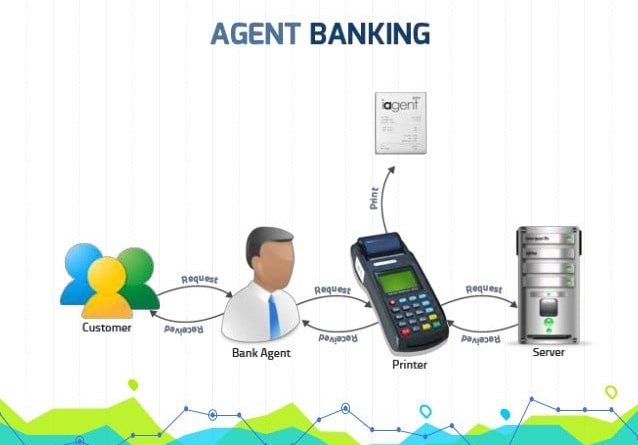Bangladesh’s agent banking network continued to expand in September 2025, supported by strong rural participation and a rebound in urban activity, according to the latest Bangladesh Bank data.
Deposits rose 20.6 per cent year-on-year to Tk 471.96 billion, up from Tk 391.26 billion a year earlier. Rural deposits grew 22.3 per cent, outpacing the 13.1 per cent rise in urban areas.
Loan disbursement also maintained momentum. Total outstanding loans increased 19.6 per cent year-on-year to Tk 111.28 billion in September. Urban loan portfolios grew by 24.7 per cent, while rural loans rose 16.7 per cent. Sylhet division posted the fastest growth, with loans jumping 35 per cent year-on-year.
The number of loan accounts reached 231,171, registering a 5.5 per cent annual rise. Urban loan accounts grew 13.3 per cent, compared to a modest 3.2 per cent increase in rural areas.
Transaction activity through agents also picked up. Between July and September, total transactions reached 26.26 million, up 5.9 per cent year-on-year. Urban transactions grew 12.1 per cent, while rural transactions rose 4.4 per cent.
In value terms, transactions amounted to Tk 1.40 trillion, reflecting a 15.2 per cent annual increase. Urban transaction value rose 16.4 per cent, and rural value increased 15 per cent.
However, progress in female ownership of agent outlets remained minimal. Female agent numbers grew only 0.6 per cent year-on-year—driven by a 4.2 per cent rise in urban areas—while rural female ownership declined 0.3 per cent.
Despite regulatory directives requiring banks to ensure 50 per cent female agent ownership, women accounted for only 9.46 per cent of all agents in September, up slightly from 9.3 per cent in June.
Female participation as customers, however, showed stronger growth. Female deposit accounts increased 6.6 per cent year-on-year, while female loan accounts rose 3.8 per cent.
Experts say the widening gap between female customer engagement and female agent ownership highlights deeper structural challenges. They argue that the slow progress indicates persistent barriers for women entering the agent network.
“The latest agent banking data shows solid expansion, especially in rural areas, which is encouraging for deepening financial inclusion,” said Dr Masrur Reaz, chairman of Policy Exchange Bangladesh.
“However, the persistently low share of female-owned agents is a serious structural gap. Despite regulatory directives, banks are not moving fast enough to build a gender-balanced agent network.
“Without targeted incentives, operational support, and capacity-building programmes for women entrepreneurs, the industry will miss both its regulatory obligations and broader social objectives,” he said.
He added that the strong growth in deposits and transactions reflects rising public trust, but sustaining this momentum will require greater focus on service quality, gender inclusion, and stronger monitoring frameworks.






